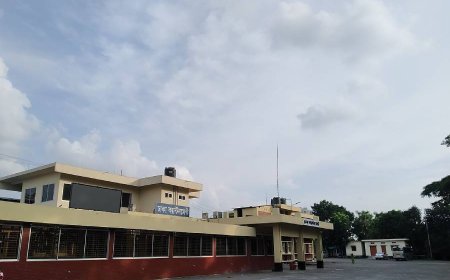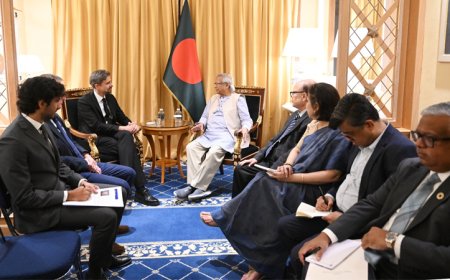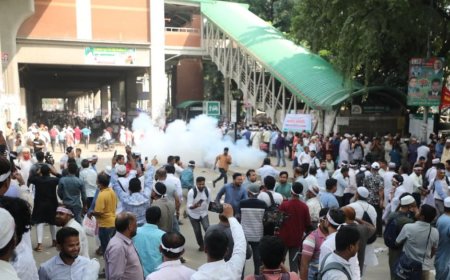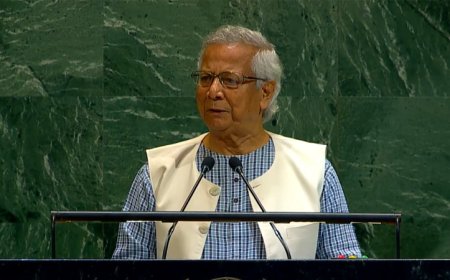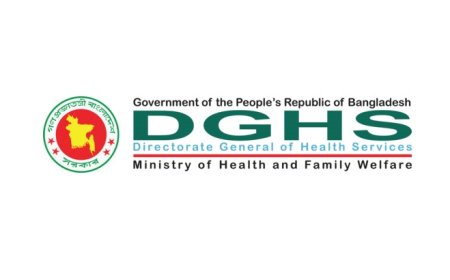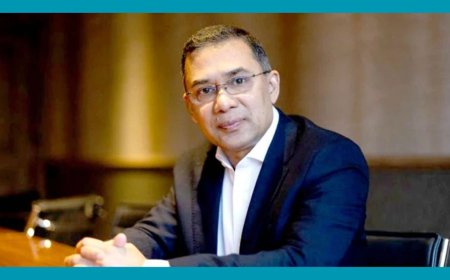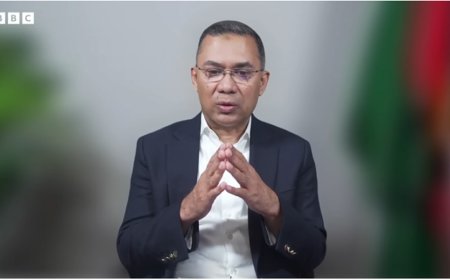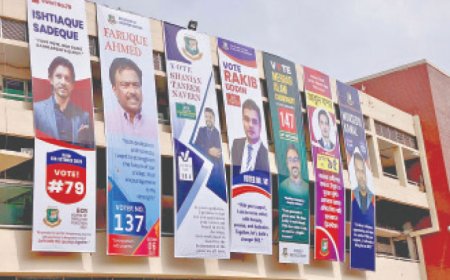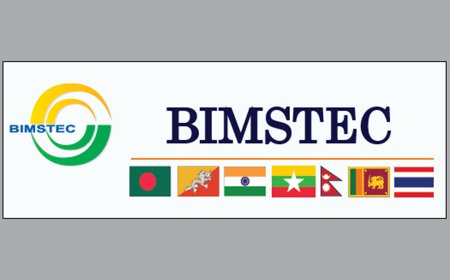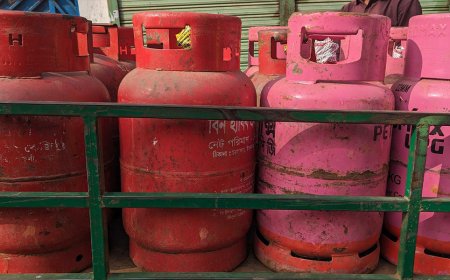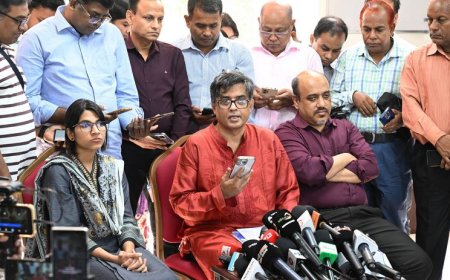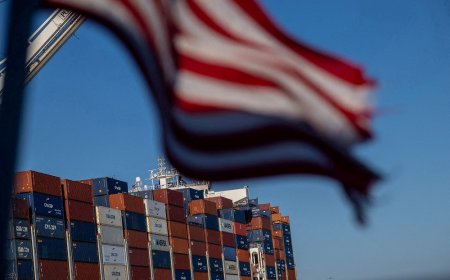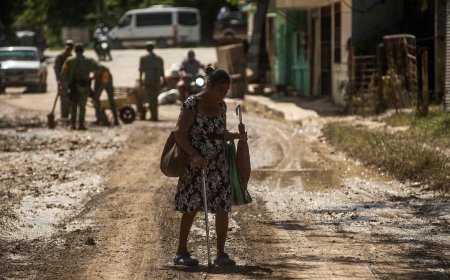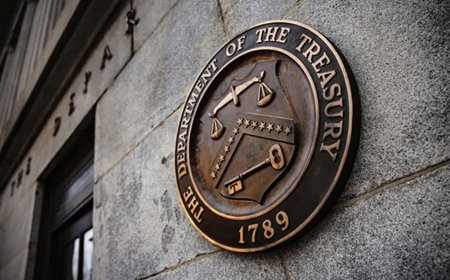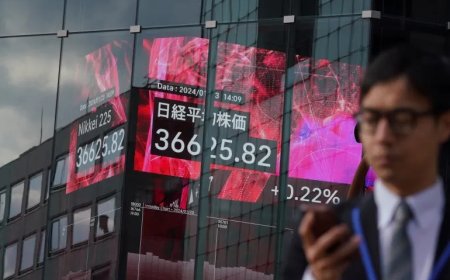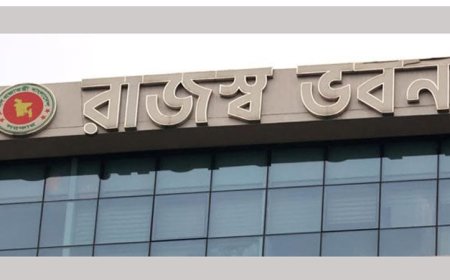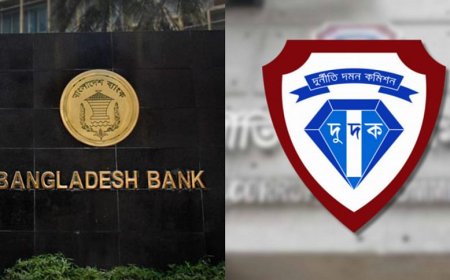Central Bank’s Leniency Held Responsible for Struggling Banking Sector
Single-borrower exposure limit overlooked for the past 16 years
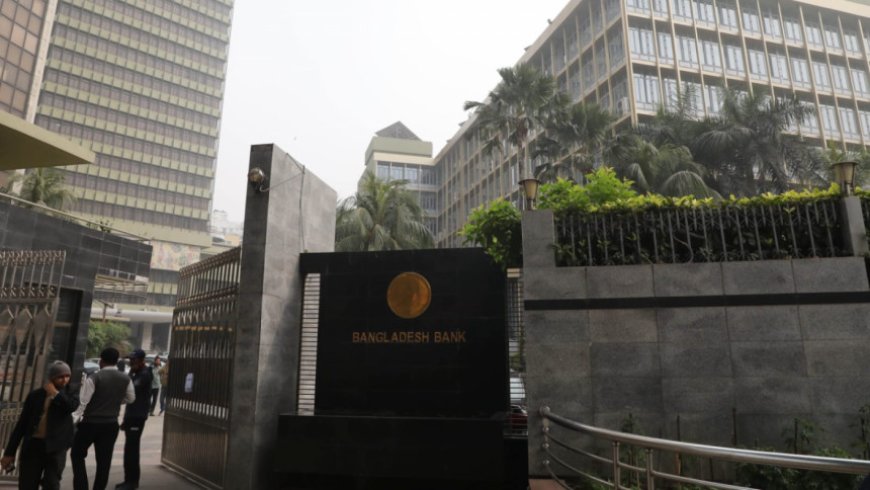
BB’s Leniency to Blame for Ailing Banking Sector
Banking regulations stipulate a single-borrower exposure limit, but the banking regulator, Bangladesh Bank (BB), has routinely overlooked this rule for the past 16 years. BB has granted special exceptions, allowing the limit to be exceeded, which has contributed to the current crisis in state-run banks. According to the law, banks are prohibited from lending more than 25% of their paid-up capital to a single borrower.
However, some banks have granted loans exceeding 500% of their paid-up capital. For example, Janata Bank's exposure to Beximco Group reached Tk 25,000 crore, approximately 950% of the bank’s paid-up capital. Out of this loan, Tk 19,000 crore has gone into default. This breach occurred because Bangladesh Bank allowed Janata to exceed the limit. In August last year, the regulator issued a no-objection certificate permitting Janata to extend Tk 479 crore to Beximco, despite it violating the exposure limit. Despite objections from the Department of Off-Site Supervision, the unit responsible for monitoring banks, then-governor Abdur Rouf Talukder granted the exemption.
This practice of exceeding the exposure limit was not restricted to Beximco alone. BB also allowed state-run banks to breach the limit for other large conglomerates, including S Alam Group, Orion Group, and Bashundhara Group. For instance, S Alam Group borrowed large sums from Islami Bank, where it had significant board influence, as well as Tk 10,449.45 crore from Janata Bank, which was 451% of the bank's capital.
Further breaches occurred when three state-run banks—Janata, Agrani, and Rupali—approved Tk 10,579 crore in loans for an Orion Group power plant, far exceeding their limits. This occurred after BB relaxed the rules for coal-based power plants, allowing these loans despite the violations. However, these loans were later canceled after the Orion Group applied for them.
In 2022, Bashundhara Group took out loans worth Tk 2,726 crore from five state-run banks for its gold refinery project, under special consideration from BB. All of these banks, except Bangladesh Development Bank, exceeded the single-borrower exposure limit, with Janata Bank approving the highest loan of Tk 883 crore. Bashundhara Group’s media adviser explained that the infrastructure for the project was ready, and the machinery was awaited.
There are also instances where political or external pressure may have played a role in allowing these breaches. BB officials have acknowledged that such waivers were granted for special projects or client interests. Recently, Deshbandhu Group applied for a waiver to exceed the exposure limit for importing essential commodities ahead of Ramadan.
The frequent violation of this exposure limit has left state-run banks vulnerable to risks, with a significant portion of loans concentrated in a few clients. This concentration increases the risk for lenders, as large loans to a single borrower can surpass the borrower’s capital. As of June last year, Janata Bank had the highest number of large loan borrowers, with 67 such clients, 50 of whom exceeded the exposure limit. Other banks, including Sonali, Agrani, and Rupali, also reported violations, with large borrowers exceeding the 25% exposure cap.
Mustafa K Mujeri, former chief economist at Bangladesh Bank, pointed out that such waivers for specific clients are illegal. He emphasized that the current state of the banking sector is a direct result of these regulatory lapses. The central bank is ultimately responsible for the fragile condition of many banks, as ignoring laws and policies undermines good governance.
At the end of September, the six state-run commercial banks collectively had defaulted loans amounting to Tk 126,111.5 crore, representing 40.35% of their total loans disbursed. Of this, Janata accounted for Tk 60,489 crore, Agrani Tk 26,891 crore, Sonali Tk 16,623 crore, and Rupali Tk 12,738 crore.
Anis A Khan, former chairman of the Association of Bankers Bangladesh (ABB), stressed that the central bank should never allow the exposure limit to be exceeded, as it undermines the integrity of the banking system. He added that the single borrower exposure limit should only be relaxed under specific circumstances, such as during the Ramadan period for essential commodity imports or in the power sector, which is crucial for the country’s needs.
What's Your Reaction?







